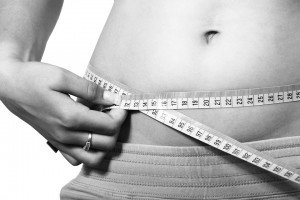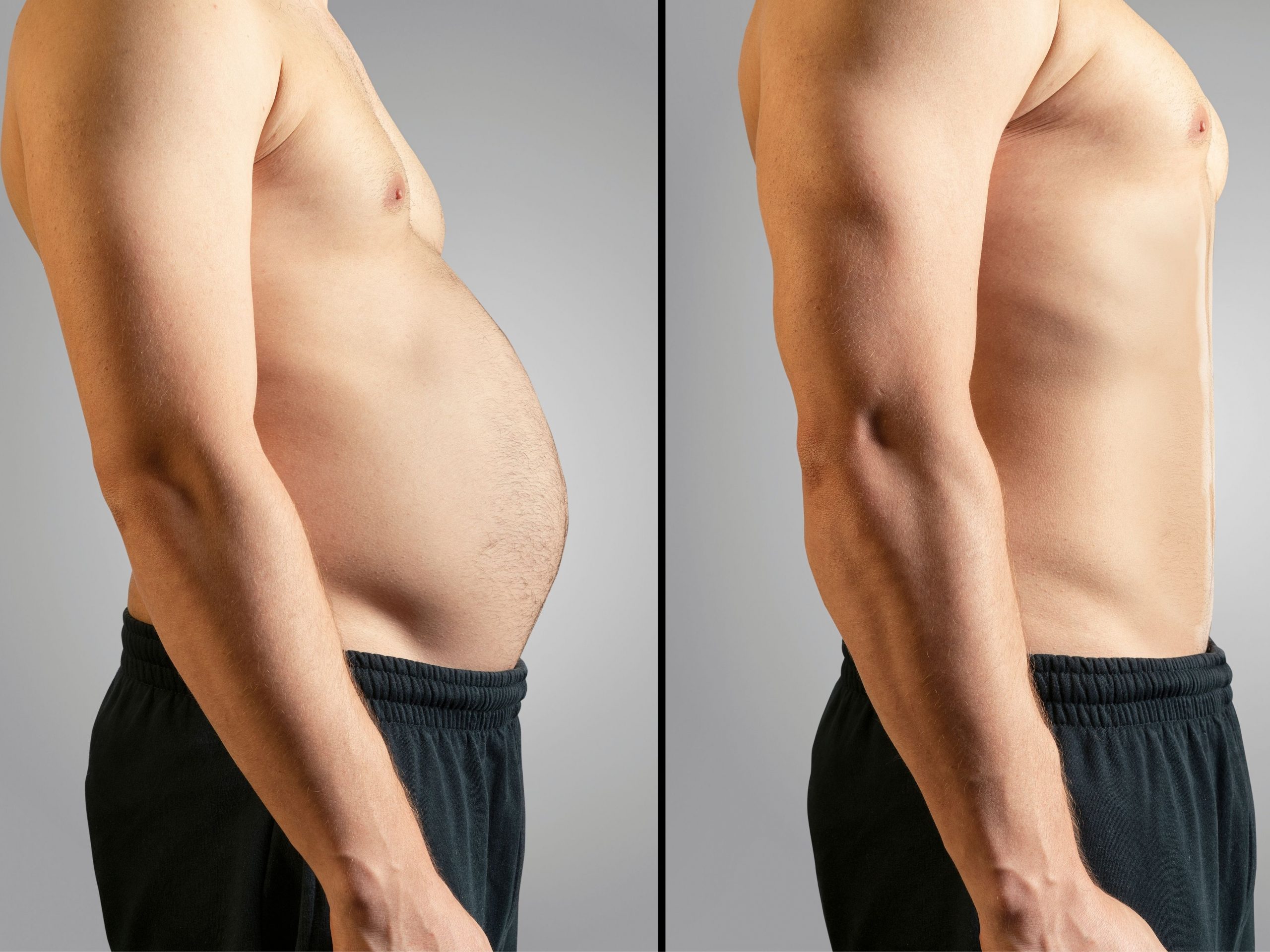What happened to losing weight this year?
Fat-loss or weight-loss, call it what you like. Many trends and fashions may change each year, but one thing stays constant, most of us just want to shed a few pounds.
At the time of writing, we are over two weeks into the new year. The New Year’s resolutions were made with renewed vigour. But according to a Washington Post article, over a quarter of us will have abandoned our resolutions after just 7 days. And part of the reason we give up trying to lose excess fat is that it just seems so darn complicated.

Fat-loss and science
Two big fat-loss myths
As much as it would be great if it were true, targeted fat-loss or ‘spot reduction‘ as it is often referred to is not possible. When we lose fat we become more or less of the shape that genetics laid out for us.
The science backs this up. A 2007 study at the University of Connecticut in which participants only exercised one of their arms over an extended period of time demonstrates this. At the end of the trial the levels of subcutaneous fat (the layer just under the skin) was the same for both the exercised and non-exercised arms.
Unfortunately it’s because the body can’t use fat directly for energy for the muscles. It would be a bit like trying to use crude oil in your car!
The other big myth I will refer to as the ‘little and often’ myth. Many people claim that you should eat many small meals throughout the day to keep the metabolism elevated.
Eating many small meals may have some benefits (for example, keeping hunger at bay). But it turns out that eating 2-3 meals per day has the exact same effect on the total number of calories burned as does eating 5-6 smaller meals.
New fat-loss discoveries in science
So what positive things can science highlight about fat loss?
One of the most important discoveries in science concerns your brains relationship to food. A team of scientists at the University of Liverpool have made a fascinating discovery.
They have shown that diets high in simple carbohydrates and saturated fats actually have a negative impact on the key appetite regulating hormones leptin and ghrelin. Not only that, but they have sown that a fatty high carb diet actually changes the brain itself. By eating healthier foods we not only help to restrict calories, but we also re-train our brains.
Another key area in which science can help understand fat-loss is in the relation to the balance between dietary changes and exercise. As Samuel Klein of Washington University points out, one of the key things to remember is that “decreasing food intake is much more effective than increasing physical activity to achieve weight loss.”
It turns out that exercise is far more important at a later stage for helping maintain the fat-loss by maintaining metabolism, but that the bulk of the effort in the earlier stages should focus around the appropriate dietary changes. In other words, you can spend time working on your healthy eating before hitting the gym.
We hope this information is useful for you. If you have any questions about our treatments, please contact us. You can find us in Islington and Mill Hill Broadway. If you like this blog, please share!
We are always happy to help.



